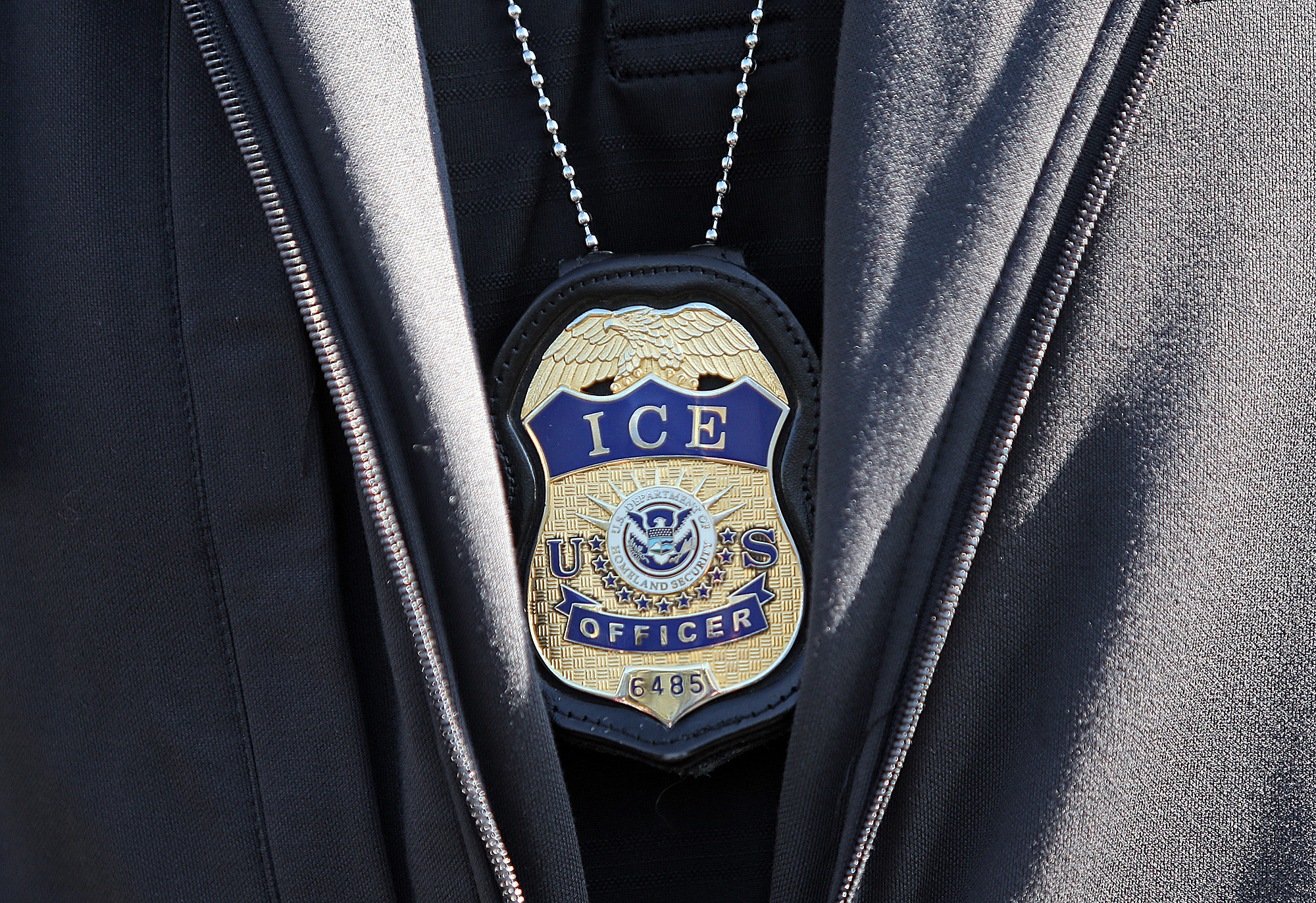
New ICE directive tells agents to not arrest or deport undocumented victims of crime
Moving forward, ICE agents will be required to assist undocumented crime victims seek justice.
Immigration and Customs Enforcement (ICE) will now avoid arrests and deportations of undocumented victims of crime, unless there are “exceptional circumstances,” according to a new directive.
The agency’s new policy, issued on Wednesday, Aug. 11, is the latest effort by the Biden administration to shift from the more aggressive approaches of the Trump-era.
Moving forward, ICE agents will be required to assist undocumented crime victims to seek justice and simplify the process of accessing immigration benefits.
New ICE policy update takes a victim-centered approach, helping victims seek justice and facilitate access to immigration benefits for noncitizens who have been victims of crime.https://t.co/0zViPddPFP
— Law Enforcement Immigration Task Force (LEITF) (@LEImmigrationTF) August 11, 2021
ICE officers must also search for evidence suggesting that an undocumented immigrant is a victim of a crime, according to the directive signed by ICE acting director Tae Johnson, obtained by CNN.
“A victim-centered approach encourages victim cooperation with law enforcement, engenders trust in ICE agents and officers, and bolsters faith in the entire criminal justice and civil immigration systems," the directive reads.
In the past, agents were given the freedom to decide whether or not to assist in this area, but they are now directed to proactively support undocumented immigrants who are potential victims of crime.
"Through this approach, we minimize the fear of repercussions that enforcement decisions may have on the willingness and ability of noncitizen crime victims to contact law enforcement, participate in investigations and prosecutions, pursue justice, and seek benefits," said Johnson in a statement.
“By minimizing the "chilling effect" of potential deportation, interim ICE Director Tae Johnson said in a memo to agents, the policy change can encourage immigrants living in the U.S. without legal permission to contact law enforcement and assist investigations.” via @CBSNews https://t.co/B7nslHUE7D
— ABA Civil Rights & Social Justice (@ABA_CRSJ) August 12, 2021
Johnson said in a memo to agents that this policy will reduce the “chilling effect” of potential deportation, and encourage noncitizens to feel more comfortable contacting law enforcement and assisting in investigations.
"When victims have access to humanitarian protection, regardless of their immigration status, and can feel safe in coming forward, it strengthens the ability of local, state, and federal law enforcement agencies, including ICE, to detect, investigate, and prosecute crimes," Johnson wrote.
RELATED CONTENT
Shortly after President Biden took office, his administration rolled out ICE guidelines that directed the agency’s focus more narrowly on immigrants who pose a national security, border security or public safety risk.
In June 2021, ICE terminated the Trump-era office that focused on victims of crimes perpetrated by undocumented immigrants.
Critics argued that the office, which was launched in April 2017, was part of several Trump administration measures intended to shape public opinion to view immigrants negatively.
In its replacement, ICE established a program to provide victim support regardless of immigration status of the victim or perpetrator.
#ICYMI: ICE’s updated policy implements a victim-centered approach to civil immigration enforcement. It places equal value on the identification and stabilization of victims and the deterrence, investigation and prosecution of perpetrators. Learn more: https://t.co/6q4SrEReNs pic.twitter.com/wzPV5SI913
— ICE (@ICEgov) August 12, 2021
Under the new policy, ICE agents will need to request permission from top agency officials to arrest immigrants who are victims or witnesses of crimes that are part of ongoing investigations or prosecutions, according to CBS.
Immigrants can seek to remain in the U.S. legally through applying for several victims-based benefits, including U-visas for victims of serious crimes who assisted law enforcement.
Trafficking victims can apply for T-visas. Those suffering from domestic abuse or child abuse and neglect can apply for VAWA petitions.
One of the “exceptional circumstances” that would allow ICE officers to take action against crime victims is if a target is deemed to be a national security risk, or if they could physically harm or endanger someone else.











LEAVE A COMMENT: